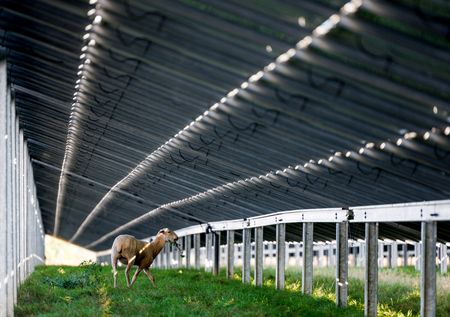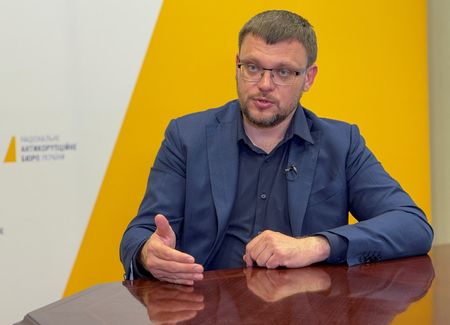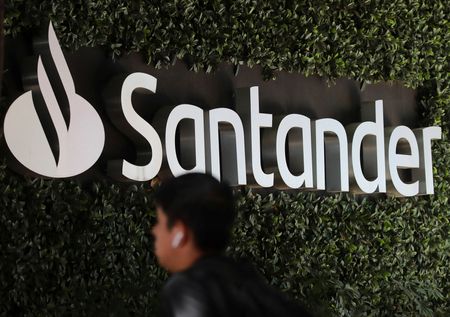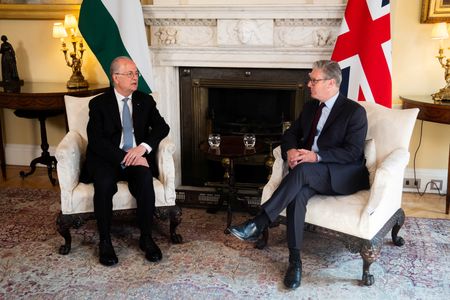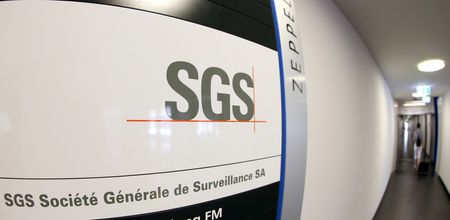By Kate Abnett and Riham Alkousaa
BRUSSELS/BERLIN (Reuters) -The European Union’s expansion of solar energy is on track for its first annual slowdown in more than a decade, industry data showed on Thursday, as some governments reduce subsidies for rooftop solar panels.
The trend reflects shifting political priorities in Europe as some member countries have scaled back green measures or support for clean energy from budgets stretched by spending on defence and local industries.
The EU is on track to install 64.2 gigawatts of new solar energy capacity in 2025, a 1.4% fall from the 65.1GW installed last year, industry association SolarPower Europe said.
“There’s a kind of paralysis. There’s still interest, but people aren’t making decisions,” said Peter Knuth, managing director of German photovoltaic systems installation company enerix.
Early purchases in 2022 and 2023, along with rising interest rates and economic uncertainty, have contributed to the falling demand, not falling electricity prices, Knuth added.
The year-on-year drop would mark the first time since 2015 that the growth of Europe’s solar market has slowed – denting an area of fast progress in Europe’s shift to clean energy. Solar capacity growth soared by 51% in 2023, although last year growth had already slowed to 3%.
Last month, solar generated 22% of total EU electricity, making it the EU’s largest single source of power generation that month.
CLIMATE TARGETS
But current deployment rates now indicate the EU will fall short, by about 27GW, of the 750GW of solar capacity which SolarPower Europe said is needed by 2030 for the EU’s climate targets and plans to phase out Russian energy.
The main cause of the slowdown is fewer residential rooftop solar panel installations – a sector that is set to make up 15% of total new capacity this year, halving the roughly 30% share it held over 2020 to 2023.
Germany and France are among the countries reducing their feed-in tariff payments for rooftop solar energy, while the Netherlands is also reducing support for households that export their excess solar power to the grid.
Knuth said misinformation regarding a law passed by the previous German government in February cancelling compensation for solar power fed into the grid during times of peak supply, along with changes to the renewable heating law, had also hit demand.
The new German government’s plans to reassess the need for renewables, and promises of an expansion of gas-powered plants, are also not helping, he said.
The German Economy Ministry declined to comment on individual study results, but said it was monitoring the country’s energy transition with a focus on climate protection, energy security and affordability. It said it will evaluate potential legal changes based on results expected by the end of summer.
Asked what the German government could do to help the market, Knuth said: “Best to stay quiet. Honestly. The endless debate about renewable energy … is counterproductive.”
(Reporting by Kate Abnett and Riham Alkousaa; Editing by Hugh Lawson and David Holmes)

